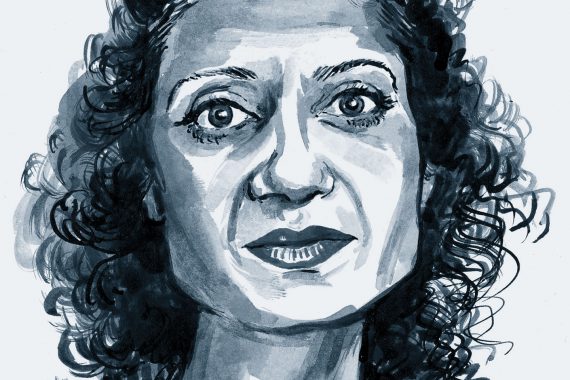I’m not going to bang on about Brexit, but it serves as a useful example for those uncertain about the meaning of a benevolent dictatorship. Put quite simply, if the Government had not held a referendum on EU membership, we would continue to have a future within it. This concept can also be observed with more emotive subjects such as capital punishment. Various polls have suggested that the British public would bring back the death penalty, but it is our benevolent dictators who refuse to put this in the spotlight.
How can anyone decide what’s best for this heterogeneous group without asking them?
Why am I rambling on about things that have nothing to do with medicine, let alone general practice? Well, we’ve seen a fair amount of benevolent dictatorship exhibited by our own profession’s leaders recently.
Let’s start with the junior doctors fiasco. It was clear from the outset that the rank and file was completely opposed to the new contract. Following extensive negotiations, they rejected the spruced-up version, in spite of open support for it by their leadership. Now we have new leadership and a new round of industrial action, and the decision-making appears to be going back and forth without the masses being asked their opinion.
And I, too, feel I have not been asked my opinion by the GPC. In spite of an overwhelming vote to ballot on industrial action at the last LMCs Conference, the GPC decided ‘mother knows best’ and overturned the decision. You see, we are too naïve to understand the complexities of the legal framework surrounding trade disputes. We have to be gently guided into the right course of action while deciding whether to hand back our practice contracts to NHS England. Put another way, Rome is burning and we are being told to substitute our fire hydrants for buckets.
I would have more respect for the U-turn if a deadline had been established. For instance: ‘If general practice does not have a 12% share of the NHS budget by April 2017, every practice in the country will close its list.’ I’m sure there are many more imaginative consequences we could create, if only we were asked.
So what is the role of our leadership? Is it to push forward its own agenda? Is it to dictate to us what is best for the profession? Or is it to pay heed to the eyes and ears of general practice at grassroots level and fulfil the wishes of the majority?
We are a divided profession. Partners versus salaried. Owners versus tenants. Part time versus full time. Generation X versus generation Y. How can anyone decide what’s best for this heterogeneous group without asking them? And the big question we need to ask is: ‘Do you believe in the survival of the NHS over and above the survival of general practice?’
Personally, I am with Brutus on this one. ‘If there be any in this assembly, any dear friend of the NHS, to him I say that my love for the NHS was no less than his. If then that friend demand why I rose up against the NHS, this is my answer: not that I loved the NHS less, but that I loved general practice more.’
Dr Shaba Nabi is a GP trainer in Bristol
Pulse October survey
Take our July 2025 survey to potentially win £1.000 worth of tokens












